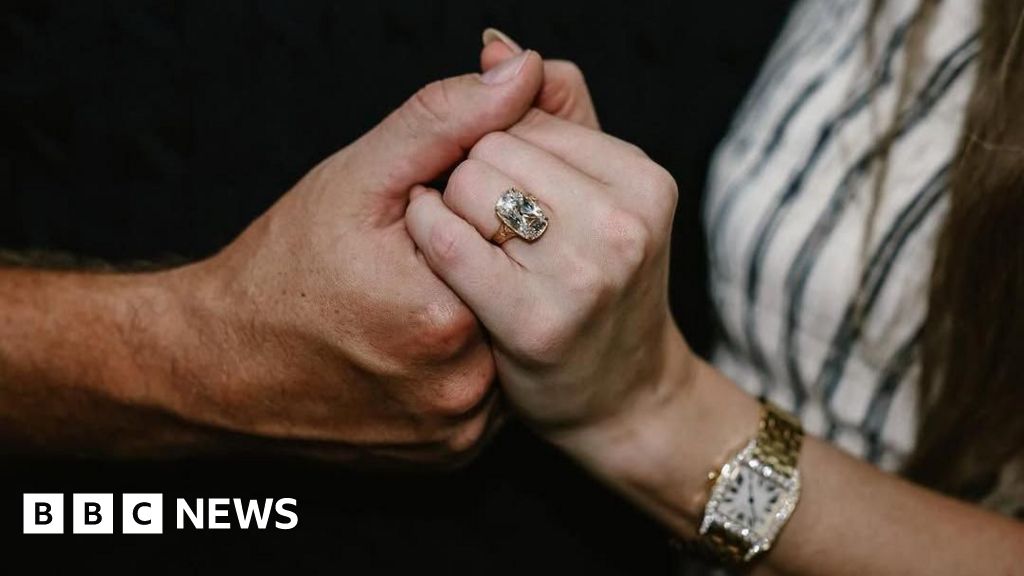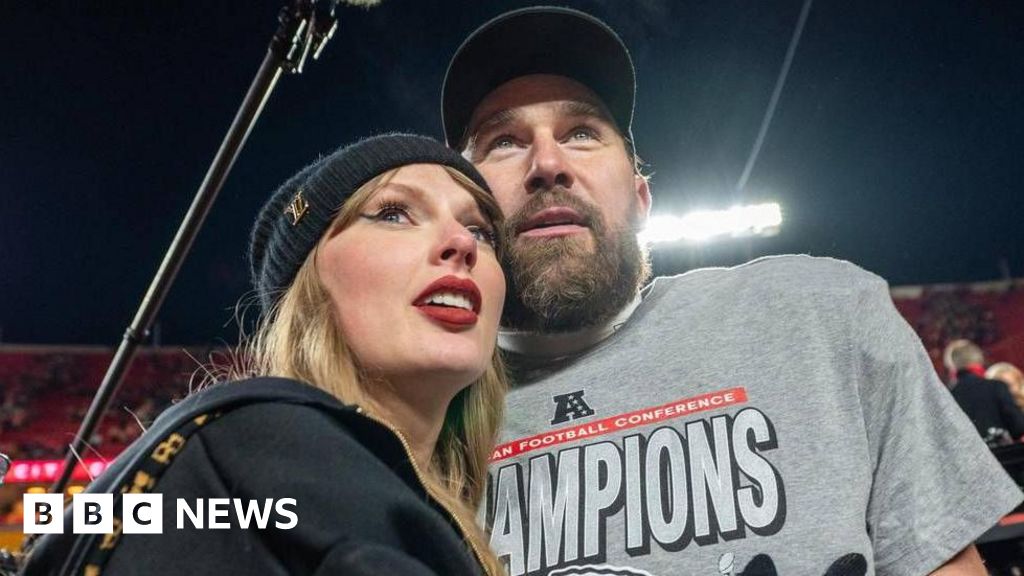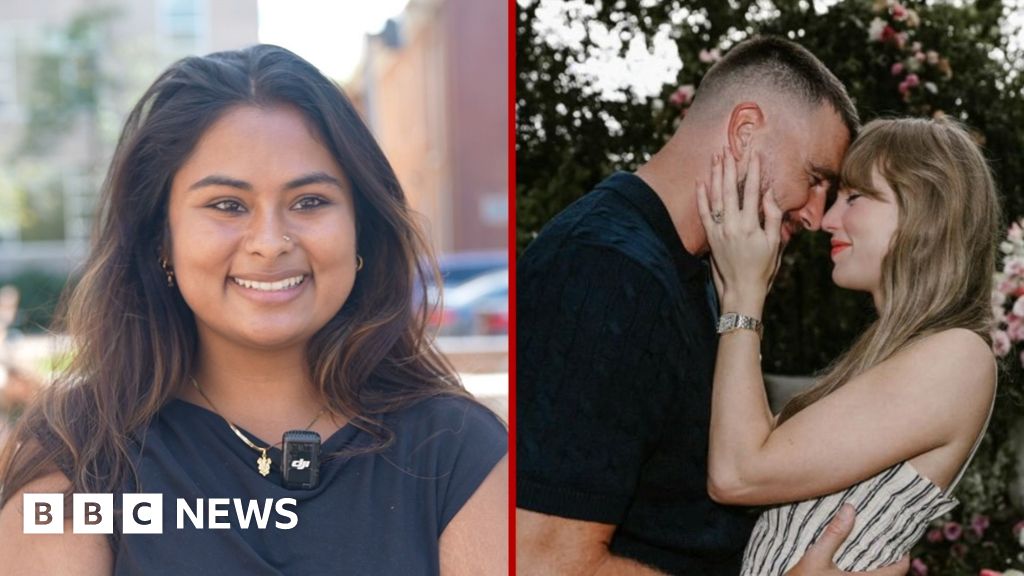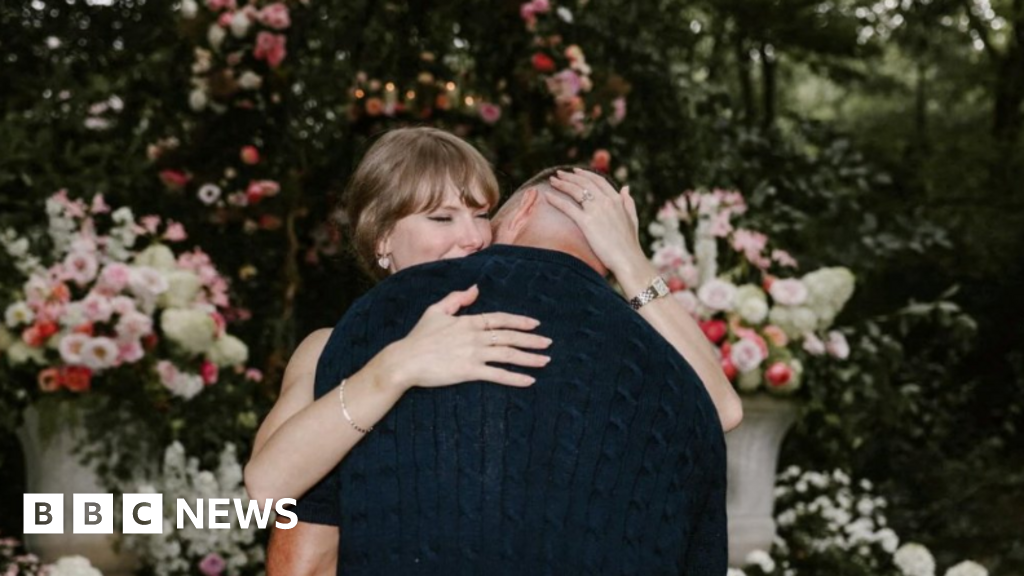Taylor Swift has officially announced the purchase of her first six albums' master recordings, concluding a protracted struggle for music ownership that began in 2019. “All of the music I've ever made now belongs to me,” Swift stated on her website, expressing overwhelming joy at this milestone achievement.
The saga kicked off when music executive Scooter Braun acquired Swift's former record label, Big Machine, along with the rights to her initial six albums: Taylor Swift, Fearless, Speak Now, Red, 1989, and Reputation. This purchase was met with opposition from Swift, who accused Braun of complicity in the bullying she faced from Kanye West, one of Braun's clients. “To say this is my greatest dream come true is actually being pretty reserved about it,” she remarked, thanking her fans for their unwavering support throughout the ordeal.
In the music industry, owning master recordings is crucial since it grants the artist control over distribution and licensing. Swift, who had already embarked on re-recording her old albums to regain ownership, revealed that she has released four re-recorded versions, known as "Taylor's Versions," supplemented with bonus tracks. Although she noted that her re-recording of Reputation has faced delays, she remains open to releasing new “vault tracks” from the album if her fans show interest.
Reflecting on her career, Swift shared how she felt demoralized when her music was sold without her consent. "I spent 10 years trying rigorously to purchase my masters outright and was then denied that opportunity," she lamented. Despite these challenges, the iconic singer has emerged victorious, having also become the first artist to earn $1 billion solely from music.
Ownership of her master recordings allows Swift to further pursue her artistic vision and license her work as she sees fit, empowering her and inspiring many emerging artists to advocate for their own rights in the industry. As she wraps up her successful Eras Tour, which grossed over $2 billion, Swift acknowledges that her journey toward regaining her music has become a beacon of hope for others. “Every time a new artist tells me they negotiated to own their master recordings because of this fight, it reminds me of the importance of this battle,” she concluded.
The saga kicked off when music executive Scooter Braun acquired Swift's former record label, Big Machine, along with the rights to her initial six albums: Taylor Swift, Fearless, Speak Now, Red, 1989, and Reputation. This purchase was met with opposition from Swift, who accused Braun of complicity in the bullying she faced from Kanye West, one of Braun's clients. “To say this is my greatest dream come true is actually being pretty reserved about it,” she remarked, thanking her fans for their unwavering support throughout the ordeal.
In the music industry, owning master recordings is crucial since it grants the artist control over distribution and licensing. Swift, who had already embarked on re-recording her old albums to regain ownership, revealed that she has released four re-recorded versions, known as "Taylor's Versions," supplemented with bonus tracks. Although she noted that her re-recording of Reputation has faced delays, she remains open to releasing new “vault tracks” from the album if her fans show interest.
Reflecting on her career, Swift shared how she felt demoralized when her music was sold without her consent. "I spent 10 years trying rigorously to purchase my masters outright and was then denied that opportunity," she lamented. Despite these challenges, the iconic singer has emerged victorious, having also become the first artist to earn $1 billion solely from music.
Ownership of her master recordings allows Swift to further pursue her artistic vision and license her work as she sees fit, empowering her and inspiring many emerging artists to advocate for their own rights in the industry. As she wraps up her successful Eras Tour, which grossed over $2 billion, Swift acknowledges that her journey toward regaining her music has become a beacon of hope for others. “Every time a new artist tells me they negotiated to own their master recordings because of this fight, it reminds me of the importance of this battle,” she concluded.




















